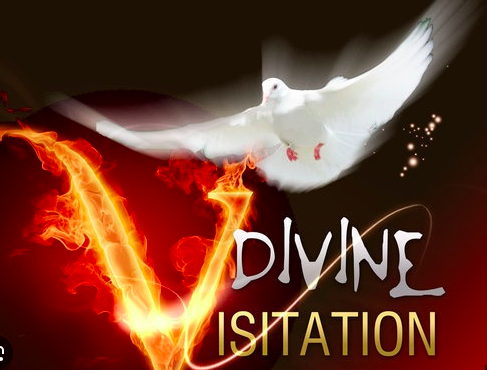Powerful Against Marital Delay.
Gracious and Merciful Father, we enter into your divine presence with hearts earnestly seeking your guidance and grace. As we gather in unity, we lift our voices in prayer against the shadows of marital delay that may cast doubt upon your perfect plans for our lives. O Lord, you who formed us in your image, … Read more









